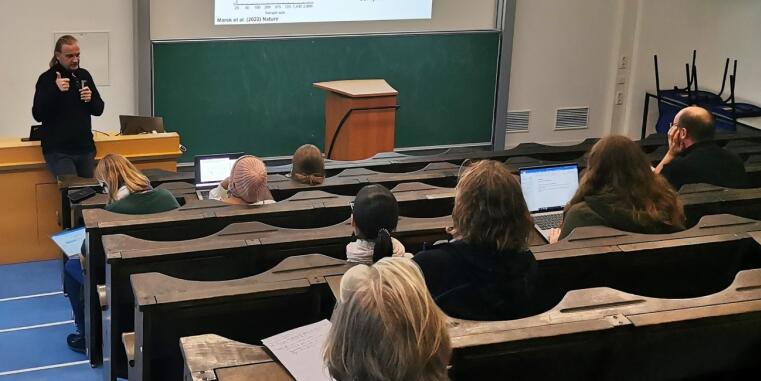
Individualisation Lectures
This interdisciplinary lecture series features scholars from various disciplines presenting and discussing their recent research in the field of individualisation. The public lectures take place in hybrid format across semesters at the University of Münster and Bielefeld University and are open to all interested parties inside and outside the universities.
Please register seperately for each lecture by using the links below if you would like to receive the Zoom access data for attending online.
Registration is not required for attending in person.
Individualisation Lectures 2025/2026
Individualisation Lectures 2024/2025






